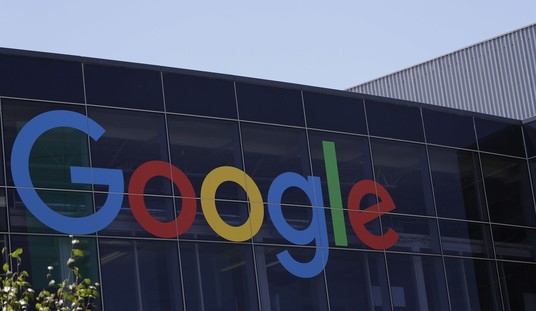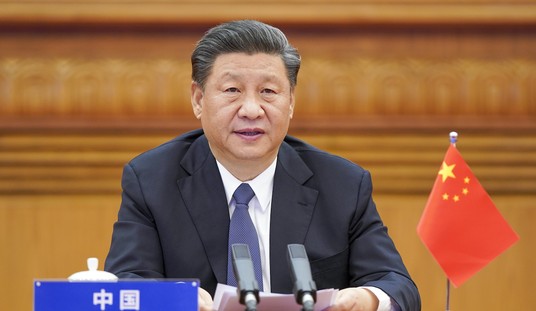The future of Obamacare is as tenuous as ever thanks to the Trump administration’s restoration of federalism. Finally, the federal government has eliminated the individual mandate and is allowing states to offer alternatives to the Affordable Care Act’s costly plans, embracing a value-based health care agenda, and reforming Obamacare-induced Medicaid expansion. Unlike the previous administration, President Donald Trump embraces federalism, thus allowing the 50 states to once again become the “laboratories of democracy” they were always meant to be.
Trump and his Republican allies in Congress have reframed the national discussion on health care by emphasizing more choice and competition and less government involvement. In other words: Health care is an individual choice, not a right.
Since the passage of Obamacare in 2010, progressives have been trying to redefine the terms of health care and establish the idea that health care is a right provided by government. For example, in an October 2017 piece, “Is Health Care A Right?”which appeared in The New Yorker, surgeon and public health researcher Atul Gawande attempted to defend the position.
“Before I entered the field of public health,” Gawande writes, “where it’s a given that health care is a right and not a privilege, I had grown up steeped in a set of core Midwestern beliefs: that you can’t get something for nothing, and that you should be reluctant to impose on others and, likewise, to be imposed upon.”
Through a series of interesting personal vignettes from residents of Athens, OH—many of whom disagreed that health care is a right—Gawande sticks to his guns and ultimately concludes that providing health care is part of government’s responsibility to “deliver on its duty to protect the life and liberty of all.”
However, health care is not a natural right, it is a privilege. Health care, unlike freedom of speech, is a service that is provided by health care professionals and best delivered by the free market. It is not, as The New Yorker suggested over and over again, a right, either inalienable or guaranteed by the Constitution.
Recommended
A thriving health care market is a good thing. The health care sector, by selling their products on a free market, is able to innovate, keep costs low, and ensure quality. For example, the two main medical procedures offered almost completely as a result of market forces (because insurance does not cover them)—LASIK eye surgery and cosmetic surgery—have had their costs reduced and their quality improved over the past two decades, even while many other medical costs have risen.
In an article published in 2012, Sheldon Richman, a research fellow at the Independent Institute, argued in Reason magazine free markets “operate peacefully through millions of cooperating participants” while bureaucrats “regulate by threat of physical force.”
Richman noted: "Economically speaking, people cannot do whatever they want—and get away with it—in a freed market because other people are free to counteract them and it’s in their interest to do so. That’s part of what we mean by market forces. Just because the government doesn’t stop a seller from charging $100 for an apple doesn’t mean he or she can get that amount. Market forces regulate the seller as strictly as any bureaucrat could—even more so, because a bureaucrat can be bribed. Whom would you have to bribe to win an exemption from the law of supply and demand?"
The same basic principle applies to health care. In Obamacare, the individual mandate decreed that all Americans must purchase health care, and if they chose not to, they would be punished.
Most Americans would agree that it is not the role of government to force citizens to purchase a product simply for being alive, and nowhere in the Constitution is such a power granted to Congress, a position supported by the courts for most of America’s history. However, over the past few decades, the Commerce Clause has been hijacked by activist judges who desire to increase government’s involvement in virtually every area of life, including health care, and left-wingers have infiltrated nearly every part of the federal bureaucratic machine. The only hope Americans’ have of fixing health care is to take power away from these activists and put it back where it belongs: in the hands of the American people.

























Join the conversation as a VIP Member